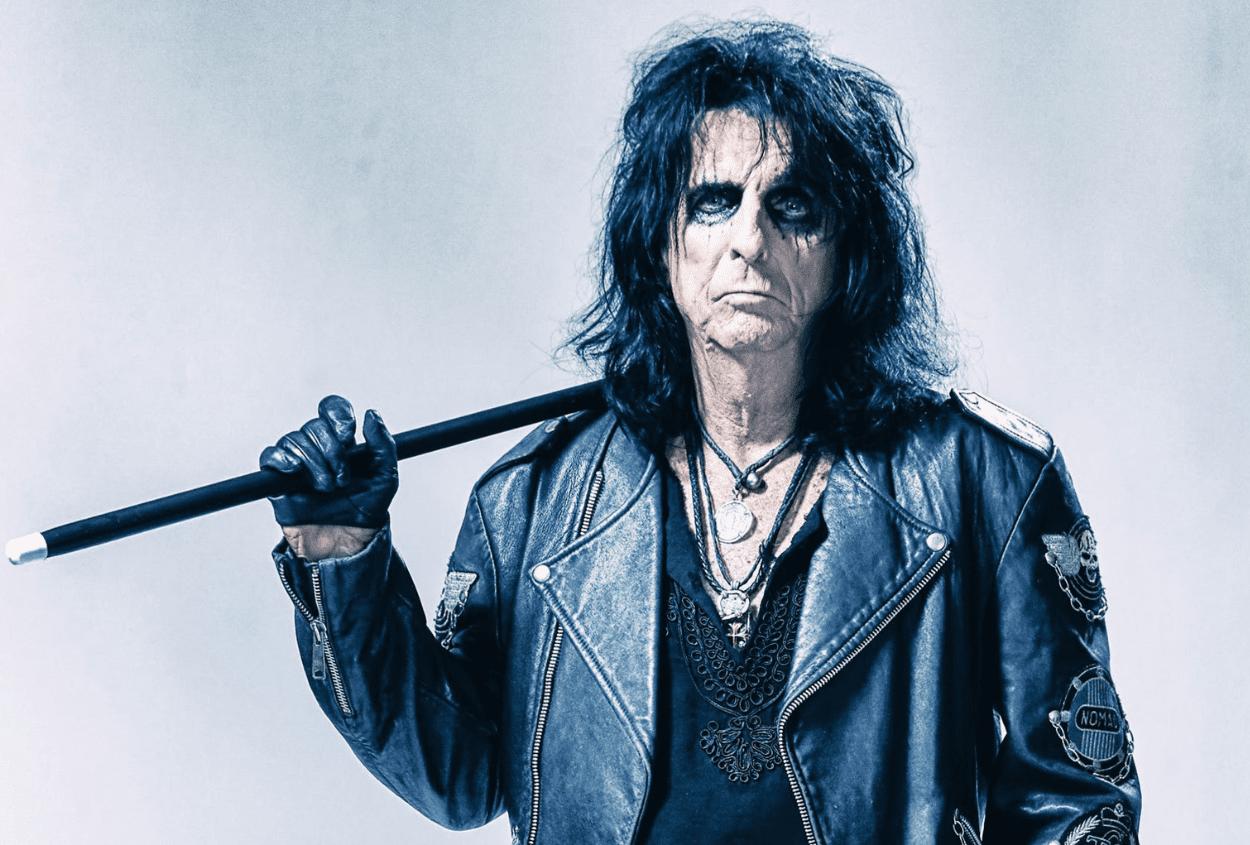Alice Cooper has confirmed the release of a new album with his original band, marking their first collaborative studio project in more than half a century. The announcement has drawn attention from long-time fans and music industry observers, as it reunites the lineup that helped define shock rock in the early 1970s.
The original Alice Cooper band—whose classic albums like Love It to Death and School’s Out shaped the theatrical hard rock genre—last recorded a full album together in the early 1970s. Their return to the studio, culminating in the upcoming release titled The Revenge of Alice Cooper, scheduled for July 25, 2025, signals a deliberate revisiting of their foundational sound and collaborative spirit.
Since their split, Alice Cooper (the artist) has maintained a prolific solo career, often referencing the band’s legacy in live performances and occasional studio collaborations. The new album arrives at a time when legacy acts are frequently revisiting their roots, but few have managed a reunion of this scale and duration. While reunion albums sometimes risk nostalgia-driven repetition, the band’s decision to work together again after decades apart suggests a conscious effort to explore both their shared history and their individual artistic growth.
Initial reactions from fans highlight a sense of anticipation and curiosity. Online discussions reflect both excitement and critical engagement, with some expressing hope for a return to the raw, experimental energy of the band’s earliest work, while others note the challenge of recapturing the chemistry that made those albums distinctive. The band’s upcoming tour, including dates with Judas Priest, further underscores the collaborative momentum behind this project.
While the album’s full tracklist and production details remain under wraps, the band’s historical approach combined elements of hard rock, theatricality, and narrative-driven songwriting. In the past, their music has been used to underscore themes of alienation, rebellion, and dark humor—qualities that found resonance in both live performances and broader pop culture.
If the new material diverges from these traditions or fails to achieve similar depth, it will likely prompt comparisons to other legacy acts who have struggled to evolve artistically after long hiatuses. For example, bands like The Platters and The Crests have revisited earlier hits in later years, sometimes relying on nostalgia rather than innovation to connect with audiences.






